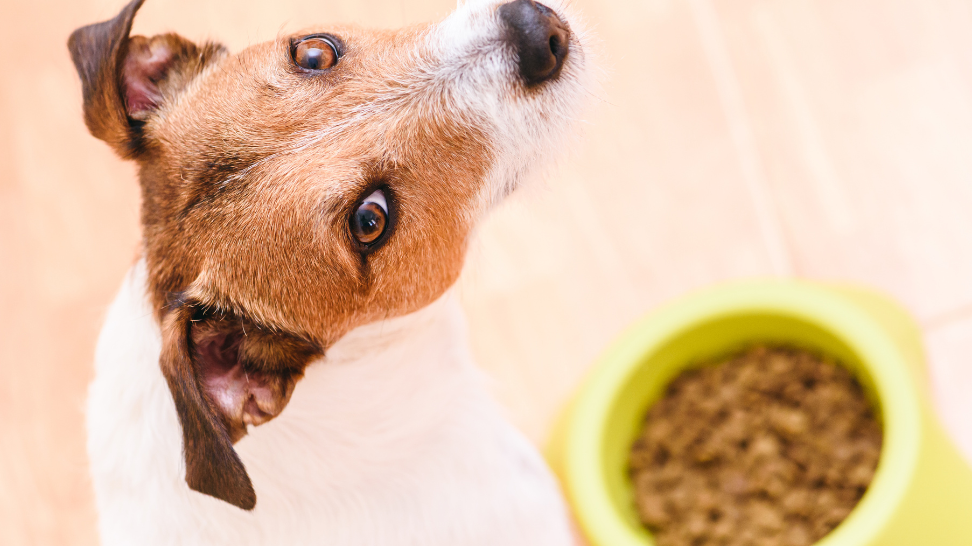If your furry friend has been diagnosed with pancreatitis, it’s natural to feel concerned and eager to find ways to support their health and well-being. One of the most significant factors in managing canine pancreatitis is the food your dog eats. In this article, we’ll dive deep into the dietary requirements for dogs with pancreatitis and discover how PawCo Foods can make mealtime delicious and nutritious for your beloved pet while keeping them healthy.
Understanding Pancreatitis in Dogs
Pancreatitis is a condition where a dog’s pancreas becomes inflamed, which leads to discomfort and bothersome digestive issues. The pancreas plays an important role in producing enzymes that help break down food and hormones that regulate blood sugar levels. When inflammation occurs, it disrupts these processes and can cause uncomfortable complications for your pooch.
Some common symptoms of pancreatitis in dogs include vomiting, loss of appetite, abdominal pain, diarrhea, and lethargy. If you suspect your dog is suffering from pancreatitis, consult a veterinarian for a proper diagnosis and treatment plan. Treatment can involve medications, fluid therapy, and dietary changes to alleviate symptoms and make sure your dog recovers as quickly as possible.
Dietary Requirements for Dogs with Pancreatitis
When selecting dog food for a pup with pancreatitis, remember to pay close attention to the following dietary factors:
- Low-fat content: Dogs with pancreatitis need a low-fat diet to minimize strain on their pancreas. High-fat diets can exacerbate inflammation and make it harder for your dog to recover.
- High-quality protein: Protein is crucial for your dog’s overall health, but it’s especially important for dogs with pancreatitis to consume easily digestible protein sources. This will help reduce the workload on their pancreas and promote healing.
- Moderate carbohydrates: Dogs with pancreatitis benefit from easily digestible carbs to support their energy levels. Complex carbs can be harder to break down and may contribute to pancreatic inflammation.
- Fiber content: Incorporating a moderate amount of fiber in your dog’s diet can support healthy digestion and help manage pancreatitis symptoms.
- Avoidance of certain ingredients: It’s essential to avoid high-fat treats and table scraps, as these can trigger pancreatitis flare-ups or worsen your dog’s condition.
Benefits of PawCo Foods for Dogs with Pancreatitis
Now that you know the dietary requirements for dogs with pancreatitis, let’s discuss how PawCo Foods can help your pup thrive!
Our plant-based dog food offers numerous advantages for dogs dealing with pancreatitis. One of the main benefits of PawCo Foods is our use of GreenMeat™, a revolutionary plant-based protein designed specifically for dogs. This high-quality, easily digestible protein provides all the essential amino acids. It ensures your pup gets the necessary nutrients without overtaxing their digestive system.
Additionally, our plant-based recipes have a naturally lower fat content than many traditional dog foods, making them an ideal option for dogs with pancreatitis. Our meals are developed by a dedicated team of board-certified food scientists and animal nutritionists to provide complete and balanced nutrition that exceeds AAFCO standards.
Transitioning Your Dog to PawCo Foods
If you’re considering switching your dog to PawCo Foods, making the transition smooth and gradual is essential. Begin by mixing a small amount of PawCo Foods with your dog’s current food. Over a week or two, slowly increase the proportion of PawCo Foods in their diet until it completely replaces their old food. Check out our detailed transition guide for more details!
During this transition, monitor your pup’s symptoms and consult with your veterinarian if you notice any new symptoms or reactions. This will help ensure your dog receives the appropriate nutrition to manage their pancreatitis effectively.
Additional Tips for Managing Pancreatitis in Dogs
In addition to choosing the right dog food for pancreatitis, here are some extra tips to help manage your dog’s condition:
- Regular veterinary check-ups: Maintaining an open line of communication with your vet and scheduling regular check-ups will help monitor your dog’s health and ensure they receive the best care possible.
- Providing fresh water at all times: Ensuring your dog has access to clean water is crucial in keeping them hydrated and supporting their overall health, especially when dealing with pancreatitis.
- Maintaining a healthy weight and exercise routine: Work with your vet to develop a fitness plan tailored to your dog’s needs. Keeping your dog at an optimal weight will help alleviate strain on their pancreas and other organs.
- Avoiding table scraps and high-fat treats: Stick to pancreatitis-friendly dog food and treats to prevent flare-ups and support your dog’s recovery. Feeding your dog human food or high-fat treats can exacerbate their condition.
- Monitoring for any changes: Keep an eye on your dog’s behavior, energy levels, and overall well-being. If you notice any changes or worsening symptoms, consult your veterinarian immediately.
Conclusion
Choosing the right food for your dog with pancreatitis is essential for their health and well-being. By understanding the specific dietary requirements of dogs with pancreatitis and exploring the benefits of PawCo Foods, you can provide your furry friend with the best possible care. Give PawCo Foods a try and see the difference it can make in your dog’s life!
